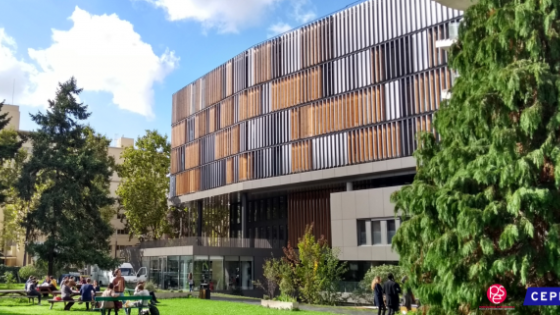DP13386 Women's Empowerment in Action: Evidence from a Randomized Control Trial in Africa
Women in developing countries are disempowered: high youth unemployment, early marriage and childbearing interact to limit their investments into human capital and enforce dependence on men. We evaluate a multifaceted policy intervention attempting to jump-start adolescent women's empowerment in Uganda, a context in which 60% of the population are aged below twenty. The intervention aims to relax human capital constraints that adolescent girls face by simultaneously providing them vocational training and information on sex, reproduction and marriage. We find that four years post-intervention, adolescent girls in treated communities are 4.9pp more likely to engage in income generating activities, corresponding to a 48% increase over baseline levels, and an impact almost entirely driven by their greater engagement in self-employment. Teen pregnancy falls by a third, and early entry into marriage/cohabitation also falls rapidly. Strikingly, the share of girls reporting sex against their will drops by close to a third and aspired ages at which to marry and start childbearing move forward. The results highlight the potential of a multifaceted program that provides skills transfers as a viable and cost effective policy intervention to improve the economic and social empowerment of adolescent girls over a four year horizon.

